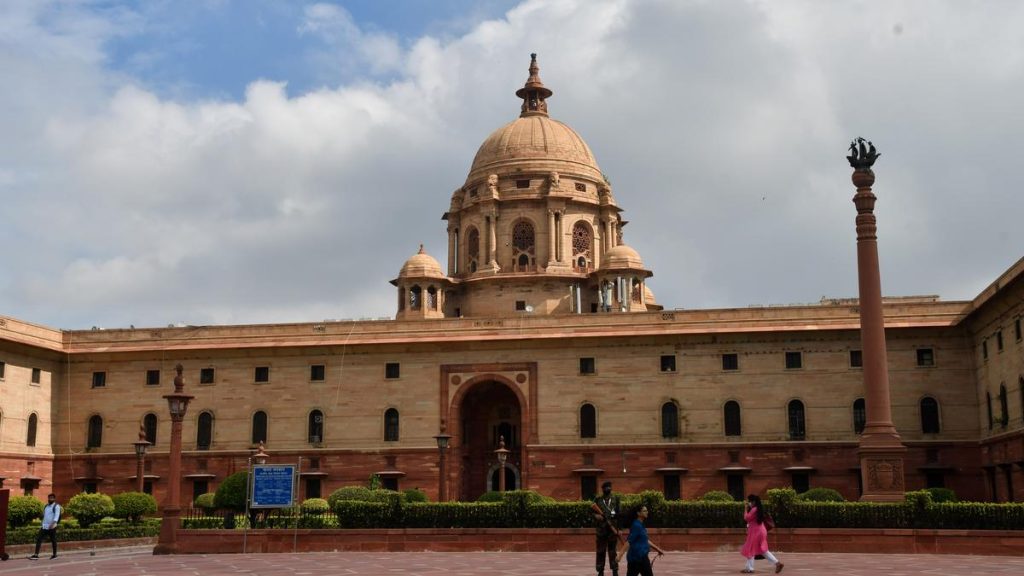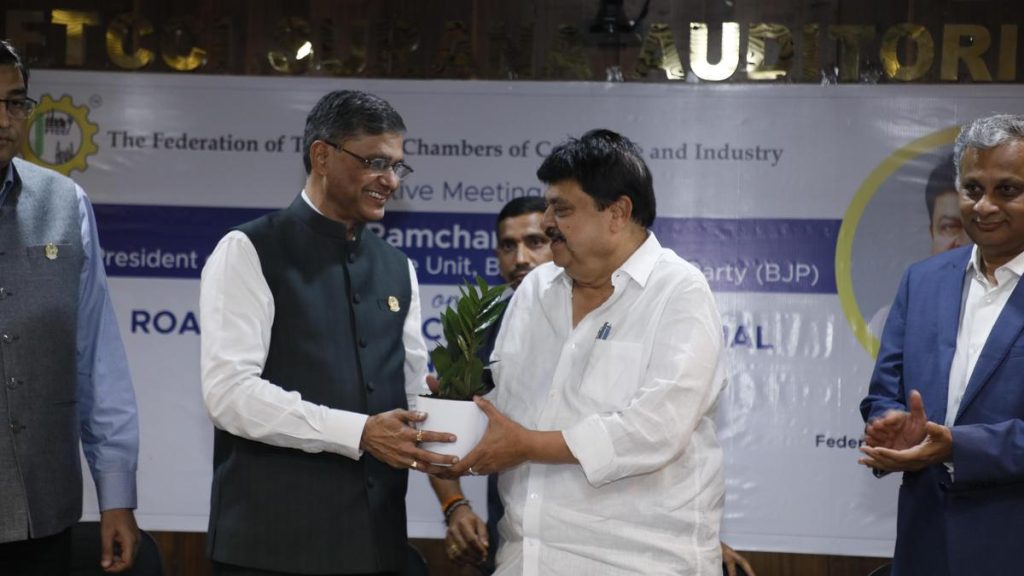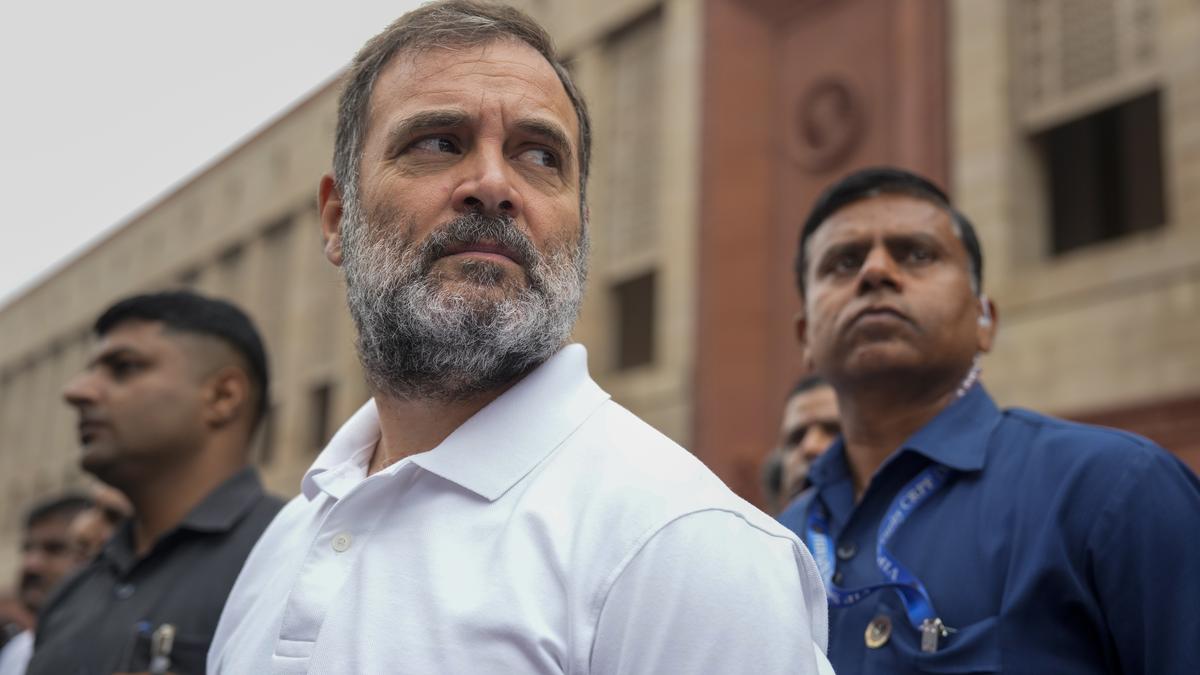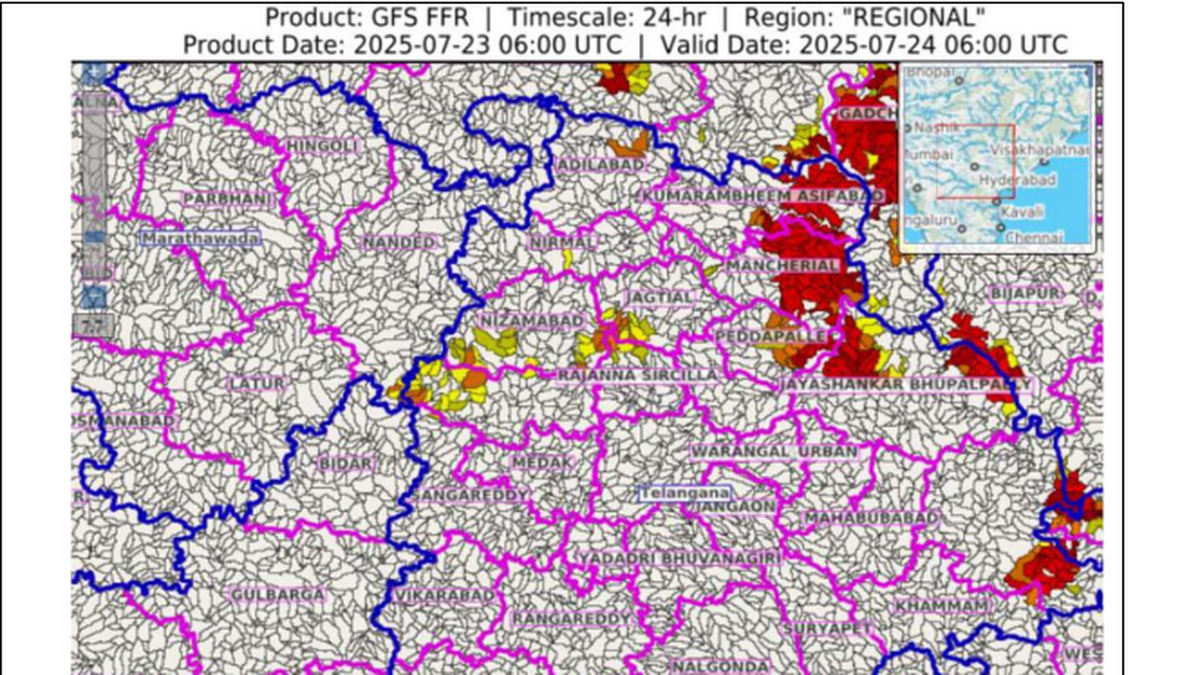Now Reading: Karnataka to Launch New Caste Survey on September 22
-
01
Karnataka to Launch New Caste Survey on September 22
Karnataka to Launch New Caste Survey on September 22
Quick Summary
- Event: Karnataka State commission for Backward Classes to conduct the second Socio-Economic and Educational Survey (caste census) from September 22 to October 7, 2025.
- Purpose: The survey aims to address caste discrimination and assess socio-economic conditions of the population, forming a basis for next year’s budget recommendations.
- Population Coverage: The survey will cover approximately seven crore individuals in Karnataka, employing 1.65 lakh enumerators including teachers and goverment employees.
- Technology: A mobile app will be used for data collection; previous manual methods are being replaced with more scientific approaches.
- Additional details:
– The current exercise replaces the frist survey conducted in 2015, with new questions that are yet to be finalized by a technical committee.
– Openness measures emphasized by Chief Minister Siddaramaiah include minimizing complaints and preventing exclusion of individuals or communities.
– Pressure from influential caste groups previously stalled acceptance of recommendations from the earlier survey.
- Deadline: Final report submission with recommendations due by October-end.
Indian Opinion Analysis
The second socio-Economic and Educational Survey planned by Karnataka highlights an increasing focus on data-driven governance addressing social disparities. While aiming to correct systemic inequities through comprehensive caste-based analyses, state authorities face logistical challenges given the short timeframe (15 days) required to collect data from seven crore peopel. Employing technological solutions like an app may improve efficiency over manual processes but raises concerns about accessibility among marginalized populations unfamiliar with digital tools.
The implications extend beyond budgetary allocations as findings might fuel broader policy discussions around reservation systems or economic reparations tailored for disadvantaged groups. However, past obstacles-such as resistance from politically dominant castes-underscore tensions between stakeholders when navigating identity-sensitive reforms.
Success will depend on ensuring transparency in execution while avoiding exclusion or community grievances. With national elections nearing in India’s political calendar, this initiative could also serve as a model influencing similar surveys elsewhere if executed efficiently.

























